News
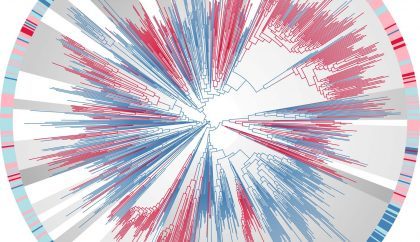
Exploring the history of bacteria evolution
In a new study published in “Science”, an international team of scientists presents a reconstruction of the evolution of Earth’s …
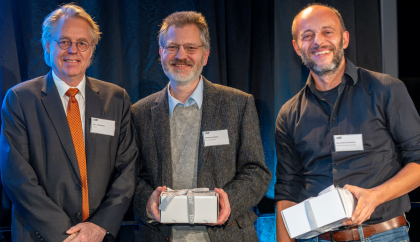
Honors for HITS group leaders at the KIT “Ehrenabend“
At the “Ehrenabend des Präsidenten” (“Honorary Evening of the President”) in late November, the leadership of the Karlsruhe Institute of …
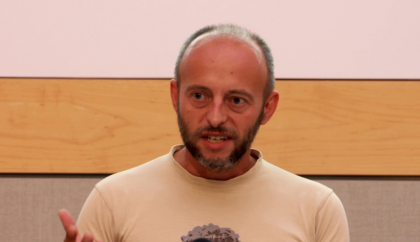
Biodiversity research and Phylogenetic trees: “Highly Cited Researcher“ at HITS
For nine years running, computer scientist Alexandros Stamatakis from the Heidelberg Institute for Theoretical Studies (HITS) has been identified as one …

GFKIT: Memoization for faster computations on genealogical forests
The field of population genetics attempts to advance our understanding of evolutionary processes. It has applications, for example, in medical research, …
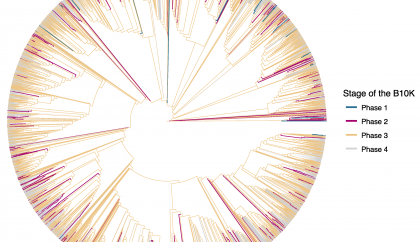
Of bantam brains and fancy footwork: bioinformatics tools help reveal complexity of avian evolution
In 2014 the Science journal featured an article on the bird tree of life, mentioning the essential role of algorithms and supercomputers …

Phylogenetic trees and biodiversity research: “Highly Cited Researcher“ at HITS
For eight years running, computer scientist Alexandros Stamatakis from the Heidelberg Institute for Theoretical Studies (HITS) has been named one of …

ReStore checkpointing library
Fault-tolerant distributed applications require mechanisms to recover data lost via a process failure. On modern cluster systems it is typically impractical …
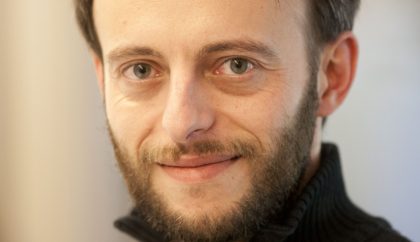
Time and again: “Highly Cited Researcher“ at HITS
For seven years running, computer scientist Alexandros Stamatakis from the Heidelberg Institute for Theoretical Studies (HITS) has been named one of …

European Research: Biodiversity computing in the “hotspot” Crete
Bioinformatician Alexandros Stamatakis (HITS Heidelberg and KIT Karlsruhe) will receive funding of 2.4 million euros from the European Commission for an ERA …

Klaus Tschira Guest Professors at HITS
The Klaus Tschira Guest Professorship Program has started this year. It aims to reach internationally renowned scientists for sabbaticals or extended …
